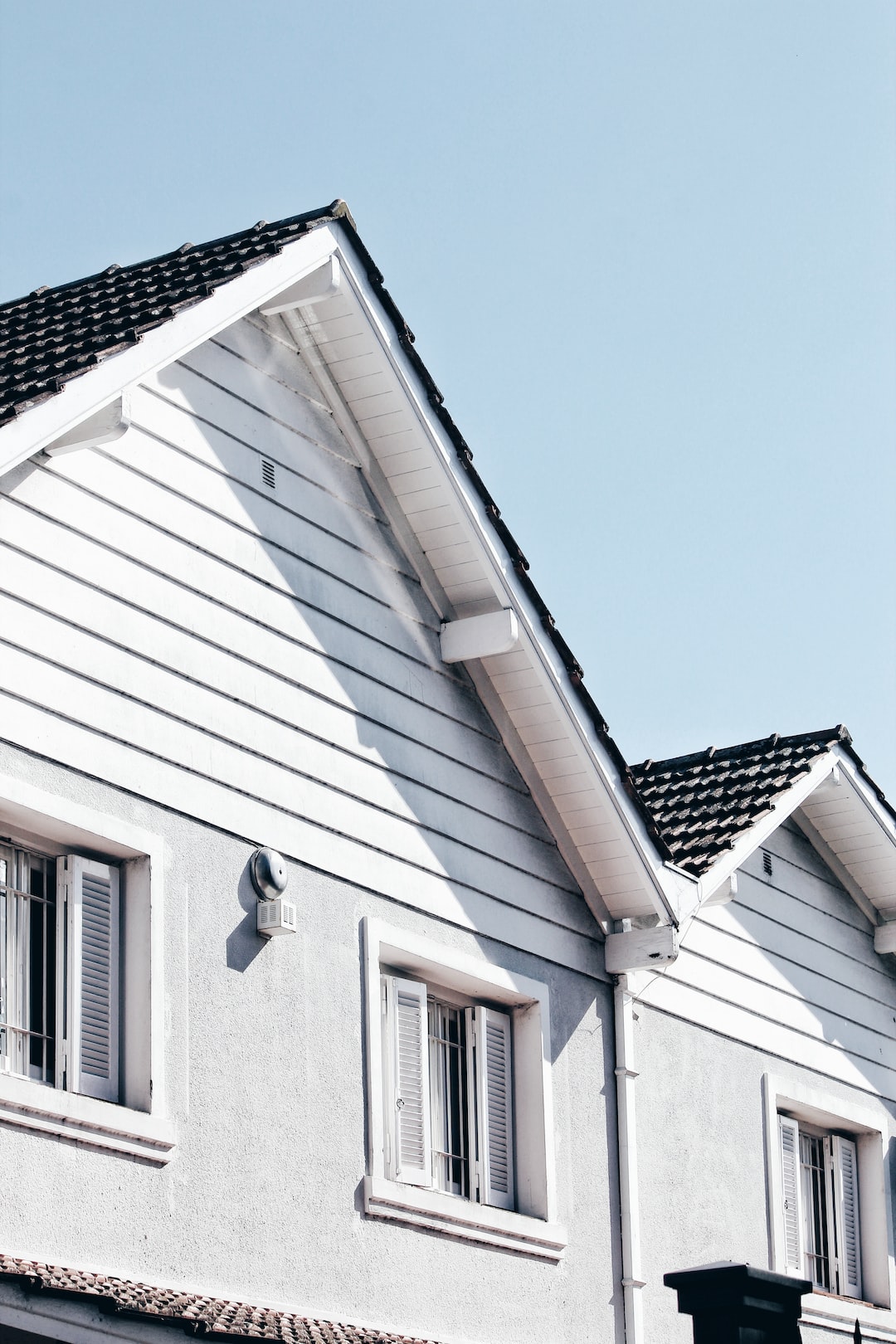Environmental Considerations in Real Estate: Sustainable Living
In the rapidly changing world we live in today, it is essential to prioritize sustainable living practices in all aspects of our lives, including real estate. As the demand for housing and commercial spaces continues to rise, it is crucial to consider the impact that these buildings have on our environment. Environmental considerations in real estate can help us create sustainable living spaces that not only benefit our planet but also improve our quality of life.
One of the key aspects of sustainable real estate is energy efficiency. Traditional buildings consume large amounts of energy that contribute to greenhouse gas emissions and climate change. By incorporating energy-efficient designs and technologies, real estate developers can significantly reduce the carbon footprint of buildings. This can be achieved through the installation of energy-efficient appliances, improved insulation, and the use of renewable energy sources such as solar panels.
Water conservation is another crucial factor in sustainable real estate. Traditional buildings consume vast amounts of water, often unnecessarily. By including water-efficient fixtures and implementing water conservation strategies, such as rainwater harvesting and graywater recycling systems, real estate developers can significantly reduce water usage and preserve this precious resource.
Furthermore, sustainable real estate considers the use of eco-friendly materials. Construction practices often involve the use of materials that emit harmful substances and contribute to pollution. However, by opting for sustainable materials such as bamboo, recycled steel, or reclaimed wood, real estate developers can reduce the environmental impact of the construction industry and promote a healthier living environment for occupants.
Another essential aspect of sustainable real estate is the promotion of green spaces and biodiversity. Incorporating parks, gardens, and rooftop gardens into residential and commercial buildings not only improves the aesthetic appeal but also enhances air quality and reduces the heat island effect in urban areas. These green spaces provide a habitat for local flora and fauna, contributing to the overall biodiversity of the region.
In addition to these considerations, sustainable real estate also takes into account waste management practices. Construction and demolition sites generate significant amounts of waste, most of which ends up in landfills. However, by implementing recycling and waste reduction strategies during construction and encouraging residents to practice responsible waste management, real estate developers can minimize the environmental impact of the industry.
Additionally, sustainable real estate aims to promote alternative modes of transportation, such as walking, cycling, and public transit. By providing easily accessible pedestrian and cycling paths, as well as bike storage facilities and public transportation options nearby, real estate developers can reduce the reliance on private vehicles, leading to decreased air pollution and improved overall health and well-being.
Moreover, sustainable real estate considers the impact of buildings on the overall community and neighborhood. By promoting mixed-use developments, developers can create vibrant and walkable neighborhoods that reduce the need for long commutes and enhance social interactions. These developments often include amenities such as grocery stores, schools, and healthcare facilities, making them self-contained and reducing the need for excessive travel.
In conclusion, environmental considerations in real estate are vital in promoting sustainable living. By taking into account factors such as energy efficiency, water conservation, use of eco-friendly materials, promotion of green spaces, waste management practices, alternative transportation options, and community impact, real estate developers can create buildings that positively contribute to our environment. It is crucial for individuals, communities, and governments to prioritize sustainable real estate practices to ensure a greener and more sustainable future for generations to come.

